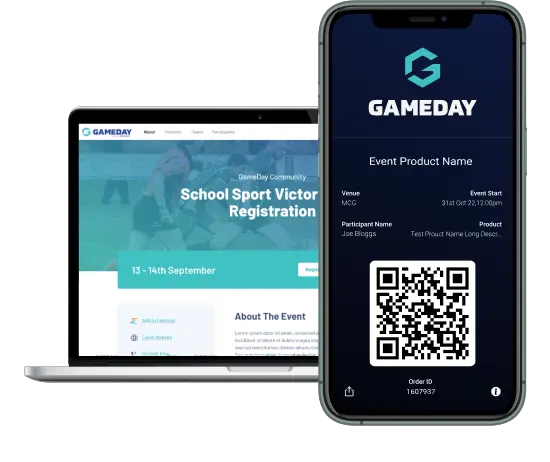Protocol
COACH/REFEREE RELATIONSHIPS
Ever complained strongly about a referee’s decision or ever seen a coach go absolutely crazy about a decision made by a referee? This section aims to investigate the roles and relationships between a coach and referee. It will attempt to help both coach and referee help each other in a quest towards coaching and refereeing a successful game of basketball.
Coaches and referees have quite separate roles and responsibilities in the conduct of a game of basketball. A coach’s job is to teach athletes how to play and to make decisions relative to the game.
Probably the first thing to remember is that your players, and often spectators, will often act the way you do toward referees.
An official’s job is to arbitrate and interpret the legality of playing situations as they arise, and generally facilitate the game flow.
While each role is quite distinct, it follows that neither coach nor referee should encroach on each other’s duties. A coach should avoid interpreting and making public any comments about decisions arrived at by the referee. Nor should a referee make public their observations of coaches and their ability to coach.
Both coaches and referees should work to help each other, as both are striving towards providing a quality game for participants. While a coach teaches athletes to play well, the official should encourage them to play well through good officiating.
Often coaches can develop pre-conceived ideas about officials this can be a dangerous attitude to adopt. Coaches should be realistic in appraisals of referees and not let a few “perceived” poor calls colour their total perception. Remember that referees, like players and coaches, will make mistakes but they do not deliberately make them.
The following list of suggestions can help beginner coaches develop good working relationships with officials.
Before the game
- · Have a competent knowledge of the rule
- · Make sure the score sheet is completed accurately
- · Get to know the officials, wish them a good game
- · Clarify any points of confusion prior to the game
During the game
- · Keep comments directed at your players
- · Avoid signs of frustration
- · Address the referee courteously and how you yourself would like to be spoken to
- · To query a decision use a time out and notify the score bench your intention
- · Politely ask the referee for any ruling classification
After the Game
- · Shake hand with the opposing coach
- · Thank the referees and the score bench for the game
- · Leave the stadium on good terms with officials and opposition
It is important to note that one day you are bound to get the same officials. It is vital to work with them and not against them. Once a referee has blown their whistle it is highly unlikely they will change their decision. It is simply best to get on with the game.








